In the world of real estate investing, 1031 exchanges are a popular strategy for deferring capital gains taxes. However, understanding the specifics of how these funds can be used is crucial for maintaining compliance and maximizing the benefits of the exchange. Let’s dive into “what can 1031 exchange funds be used for” and clear up some common misconceptions.
The Basics of 1031 Exchanges
A 1031 exchange, named after Section 1031 of the IRS code, allows real estate investors to defer paying capital gains taxes on the sale of a property, provided that the proceeds are reinvested into another “like-kind” property. The essence of a 1031 exchange is the continuation of the investment in a new property without cashing out and triggering a taxable event.
Appropriate Uses of 1031 Exchange Funds
The key to a successful 1031 exchange is understanding what qualifies as like-kind property:
- Investment or Business Property: Funds from a 1031 exchange must be used to purchase property held for investment purposes or productive use in a trade or business.
- Types of Properties: This includes a wide range of real estate, from commercial buildings and rental properties to undeveloped land.
- Exclusions: Personal residences, vacation homes not qualifying as rental properties, and properties purchased for resale (flips) are typically not eligible.
Common Misconceptions and Limitations
There are several misconceptions about the use of 1031 exchange funds:
- Personal Use: Funds from a 1031 exchange cannot be used to purchase personal-use properties, such as a primary residence or a vacation home (unless rented).
- Non-Real Estate Investments: The exchange funds must be used for real estate; they cannot be used for buying stocks, bonds, or other non-real estate assets.
Navigating Complex Scenarios
1031 exchanges can involve complex scenarios:
- Partial Exchanges: If part of the exchange funds is used for non-qualifying purposes, that portion may be subject to taxes.
- Improvement Exchanges: Funds can be used for improvements on the new property, but strict rules and timelines apply.
Seeking Professional Advice
Understanding the correct use of 1031 exchange funds is essential for a successful exchange. It’s not just about deferring taxes but also about ensuring that the reinvestment aligns with the IRS’s requirements for like-kind exchanges.
If you’re planning a 1031 exchange and need clarity on how your funds can be used, our expert team is here to help. We can guide you through the process and ensure that your exchange is both compliant and beneficial. Contact us for tailored advice on your real estate investment strategies.

Real Estate Agents and 1031 Exchanges: A Crucial Partnership

Yes, You Can Finance Your 1031 Exchange Property – Here’s How



